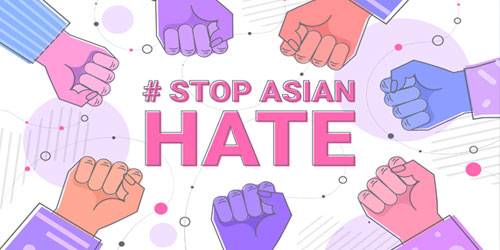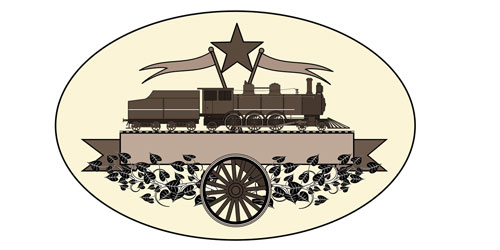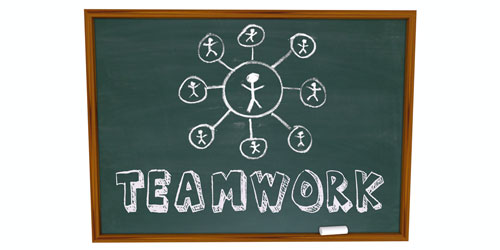A Dialogue with Congressman Ted Lieu
My family immigrated to the United States from Taiwan when I was three and a half years old. We settled in Cleveland, Ohio, where my parents sold gifts and jewelry at flea markets to make ends meet. Eventually, my parents were able to open and operate six gift stores, where my younger brother and I worked after school.
With the support of hard-working parents and the opportunities provided by this country, I was able to attend Stanford for my undergraduate degrees in Computer Science and Political Science. Later, I had the opportunity to study law at Georgetown University. I made the decision to join the United States Air Force in the JAG corps because I felt a duty to serve my country.
As Congressman of California’s 33rd District, I currently serve on the leadership committee of the Congressional Asian Pacific American Caucus (CAPAC), and I sit on the House Judiciary and Foreign Affairs committees. Additionally, I was elected DPCC Co-Chair by my colleagues and am the only Asian American Member and only veteran in House Democratic Leadership.
What was the reason/decision to run for the elected official position?
Because of the opportunities that this nation offered to my family and me, I have always been drawn to serving my country. After joining the U.S. Air Force Reserve upon completion of my active-duty service, I still held a desire to serve and assist my nation and my community. I started my elected service as a Member of the Torrance City Council in 2002, before going on to serve as a State Assemblyman from 2005 to 2010 and then as a California State Senator from 2011 to 2014. As a California legislator, I co-authored the landmark Global Warming Solutions Act to set limits on greenhouse gas emissions in California. However, I realized to better combat climate change the rest of the United States needed to follow California’s example, which led me to run for Congress in 2014. That is why my first piece of legislation in Congress was the Climate Solutions Act of 2015: a bold, innovative plan to energize investment in green energy technology, set strong renewable energy standards and slash the carbon pollution that is damaging our planet. If I can be of service to my country and the communities I represent, I want to do so, so that we can advance good policy that improves the lives of every American.

Being the minority person, what was the biggest challenge of your service experience?
The COVID-19 pandemic posed a particularly difficult obstacle to combating hate in our communities. Compounding this obstacle was the rise in anti-Asian hate with the Trump Administration’s use of racist language like “Kung-Flu” during the pandemic. This scapegoating of Asian communities underscores why it is important to have AAPI leaders who can help amplify voices and stories in the spotlight to combat hate and discrimination.
Anti-Asian hate in the United States is unfortunately not new. There are numerous examples in our country’s history: the Chinese Exclusion Act, the incarceration of Japanese Americans in World War II,the brutal murder of the Vincent Chin and the violence against AAPIs during the pandemic. The work my colleagues and I have done in Congress to combat this new wave of hate will continue to be a priority as we move into this new era of our country’s pandemic response.
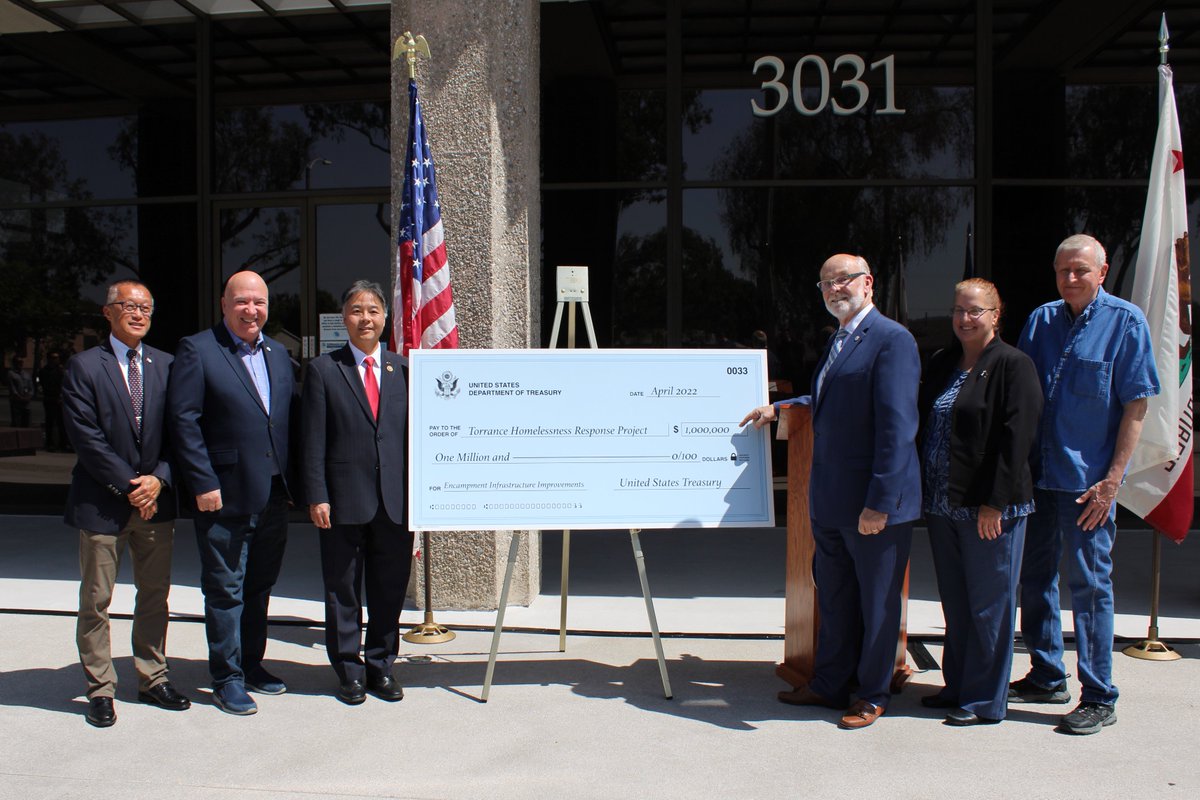
What was the proudest experience of your service as congressman?
One of my proudest experiences during Congress was authoring the article of impeachment against the former President and serving as an impeachment manager following the January 6th insurrection. It was an honor to defend our Democratic institutions. I am also deeply proud of the passage of the American Rescue Plan in March 2021. The pandemic has been incredibly challenging for all of us, and this kind of historic relief continues to help uplift our country. It was my honor to help get this bill past the finish line and to the President’s desk.
This vital piece of legislation provided urgently needed resources to defeat the virus, put vaccines in people’s arms, money into families’ pockets, children safely back into classrooms and people back to work. The American Rescue Plan also brought in much needed funding to support families with children through the Child Tax Credit, creating a transformational and viable model for overcoming child poverty in our country.

What is your advice to the Asian Americans under the Asian Hate Environment?
Speak out against hate in all its forms. Acts of hate in our society can range from shocking and violent acts to racist phrases by elected officials to bias against minorities in the media.
Being able to recognize and identify the manifestation of hate, and then using your voice to condemn the hate and persuade others to condemn the hate is essential to combating its prevalence in our society. I also encourage people to participate civically in their community, whether it’s a nonprofit or in government.
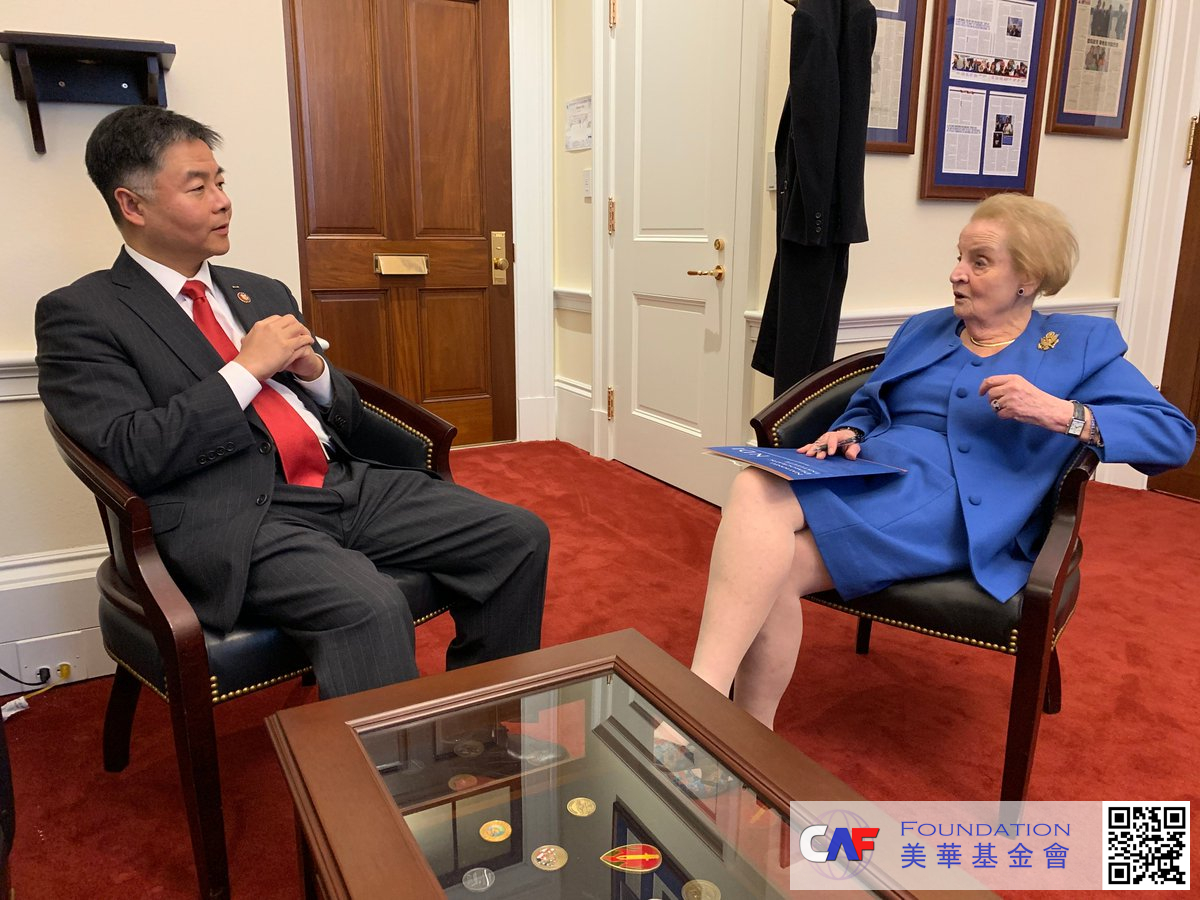
What is your goal/plan to stand up and protect the Asian communities and stop the Asian hate crimes?
Since the start of the COVID-19 pandemic, there has been a surge in discrimination against AAPIs. During this time, I have repeatedly condemned acts of violence and hate against Asian Americans, including the tragic shooting in Atlanta that took the lives of eight people, six of whom were Asian women, and have called for action at the highest level.
I have also spoken about the dangers of public officials using racist terms and ethnic identifiers such as “Kung-Flu” when describing COVID-19 because such phrases inflict harm on the Asian American community.
In Congress, I led a 150 Member bipartisan letter in 2020 urging the U.S. Department of Justice to condemn anti-Asian discrimination and coauthored H.Res. 908, a House resolution condemning all forms of anti-Asian sentiment related to COVID-19. As co-Chair of the House Bipartisan Task Force for Combating Antisemitism, I held a virtual roundtable on combating anti-Asian and anti-Semitic intolerance, and I also authored legislation to make it easier for prosecutors to charge a federal hate crimes violation.
What is your vision and advise of the upcoming younger Asian generation?
As far as I can tell, you only have one life to live, so if you want to run for elected office, go to law school, or become an activist for a cause you care about, do it. Asian American and Pacific Islanders are the fastest growing racial demographic in our country, but are not well-represented in government, mass media, board positions with Fortune 500 companies and more. During my career in public service, I have continued to advocate for more AAPI representation in media, highlighted the lack of diversity among staff in the federal government and called for investigations into the wrongful targeting of Asian American employees. While serving in the California legislature, I helped increase the number of minorities appointed to judicial positions and secured increased funding to Asian American nonprofits.

[Interviewed by CAF Foudation / Photos provided by Rep. Ted Lieu]


